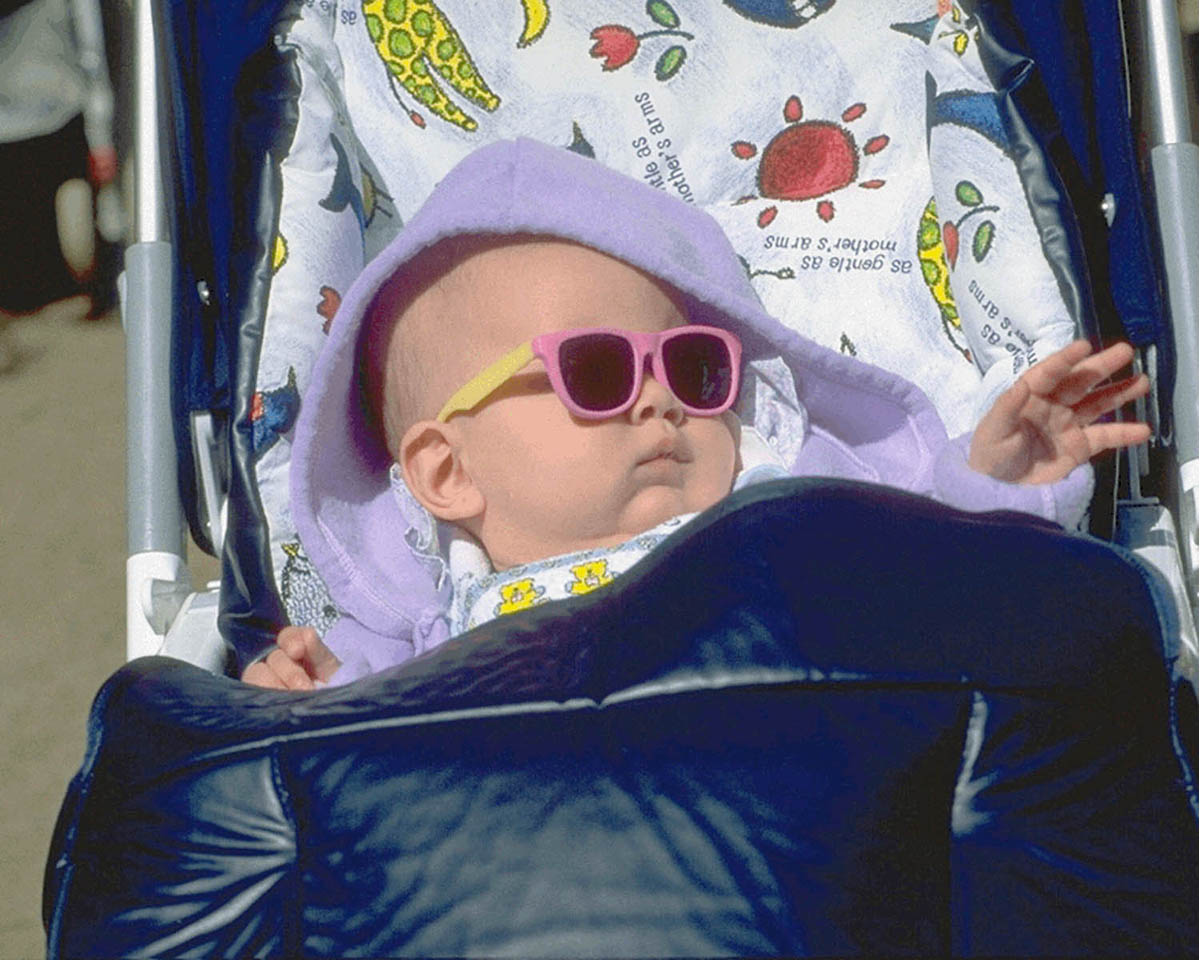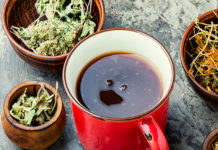The summer season is upon us and it’s time to think about preventing dehydration and heat-related illness. Did you know that about 318 Americans die every year of heat-related illnesses, according to the Centers for Disease Control (CDC)? The sad fact is that most of these deaths are preventable — if the victims understood the realities of dehydration and heat-related illness more clearly.
Regular exercise, often done outdoors, is just as important during the hot months of summer as it is during the cooler seasons. Unfortunately outdoor activities often place people at serious risk of dehydration which can lead to other heat-related illnesses including — heat exhaustion — heat stroke — and in severe cases, death. Millions of Americans are at risk for heat-related illnesses; however, the risk is significantly increased for 4 groups of our population.
Those most at risk include:
Children: When summer vacation from school arrives, most children spend a great deal of time outdoors being active. Because children have a larger surface area in relation to body mass, they often gain heat faster than adults when the outside air temperature is higher than body temperature.
Athletes and exercisers: People who spend hours training and competing in the hot summer sun often do not have an adequate intake of fluids to make up for the loss of fluids caused by their activities.
Outdoor workers: Workers such as landscapers, construction crews, police officers, postal employees, and others who spend most of their days in the heat often have little time for bathroom breaks or for drinking fluids, as a result these workers may not consume enough fluids during their workdays.
Elderly people: There is a fine line between how heat affects most adults and how is can affect the elderly in a more profound way. It’s is extremely important for senior citizens to practice a gradual acclimatization to heat that puts emphasis on hydration.
Is Your Body Acclimatized to Heat?
How many of you think, “I’m used to the heat; it doesn’t affect me?” That statement may seem common sense; however, nothing could be further from the truth when it comes to heat-related illness and dehydration.
According to Dr. Noel D. Nequin, president of the American Medical Athletic Association, “Being ‘used to’ the heat or ‘acclimatized’ is necessary for the body to perform in hot, humid conditions without overheating. But acclimatization increases your need for fluid to match the increase in sweat rate, which puts you at higher risk for dehydration and heat illness.”
How does one acclimatize their body to heat? It takes about 10 to 14 days of working or exercising in the heat for your body to adjust or become acclimatized. You should cut down on the intensity of your exercise or activity during these first days. Once your body is heat acclimatized, the amount of sweat you produce, and other total body fluid losses, increases because you sweat sooner and more than before you became acclimatized.
The good news about summer heat is that staying healthy is as easy as becoming educated about your body’s need for fluids, and the signs and symptoms of dehydration which can lead to heat-related illnesses such as heat stroke and heat exhaustion.
Drinking for Hydration
The best time to consume fluids is before you are thirsty — by the time you are thirsty, your body is already dehydrated. It’s best to drink on a schedule when it is hot outside. Avoid drinks containing caffeine or alcohol while in the sun or heat. These types of drinks stimulate the production of urine thereby promoting dehydration. The best drinks are water, or one of the many flavored sports drinks that are on the market.
According to Dr. Nequin, “Research clearly shows that a properly formulated sports drink like Gatorade combines flavor and sodium to encourage people to drink more than they would when they only have access to water. Sports drinks help to replace some of the electrolytes you lose through sweat and provide carbohydrate energy to working muscles.”
Water is a necessity that the human body requires to stay healthy. If you fail to drink enough daily water, or other non-caffeinated fluids, you may experience a heat related illness such as dehydration. You well may wonder, “How much water do I need to stay hydrated and prevent dehydration or other heat related illnesses.”
Adults need 17 to 20 ounces of fluid before beginning activity, as well as an additional 7 to 10 ounces every 10 to 20 minutes during activity. Your fluid needs don’t stop when your activity is over — you should consume 24 ounces of fluid within the first two hours after outdoor activity.
Children need 4 to 8 ounces of fluid before beginning outdoor activities and 5 to 9 ounces every 20 minutes while they are outside. Once kids return from outside play or activity, they also need to consume 24 ounces of fluids within the first two hours after they stopped their activities.
Did you know? One adult-size gulp of fluid equals one ounce of fluid, and one child-size gulp of fluid equals one-half ounce of fluid.
Signs and Symptoms of Dehydration
- Dry lips and tongue.
- Headache.
- Weakness, dizziness, or extreme fatigue.
- Concentrated urine that appears darker than normal.
- Nausea.
- Muscle cramps.
More Hot Weather Tips
- While pouring water over your head might feel good; it does not have any affect on your core body temperature — make sure you put plenty of water and other fluids into your body.
- Always wear light-colored and loose-fitting clothing.
- Whenever you get a chance, take a break in the shade. It’s important to remember that anytime a person who has been exposed to heat becomes disoriented or unconscious, immediate medical attention for that person must be sought.








